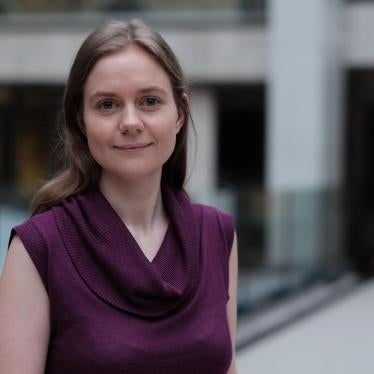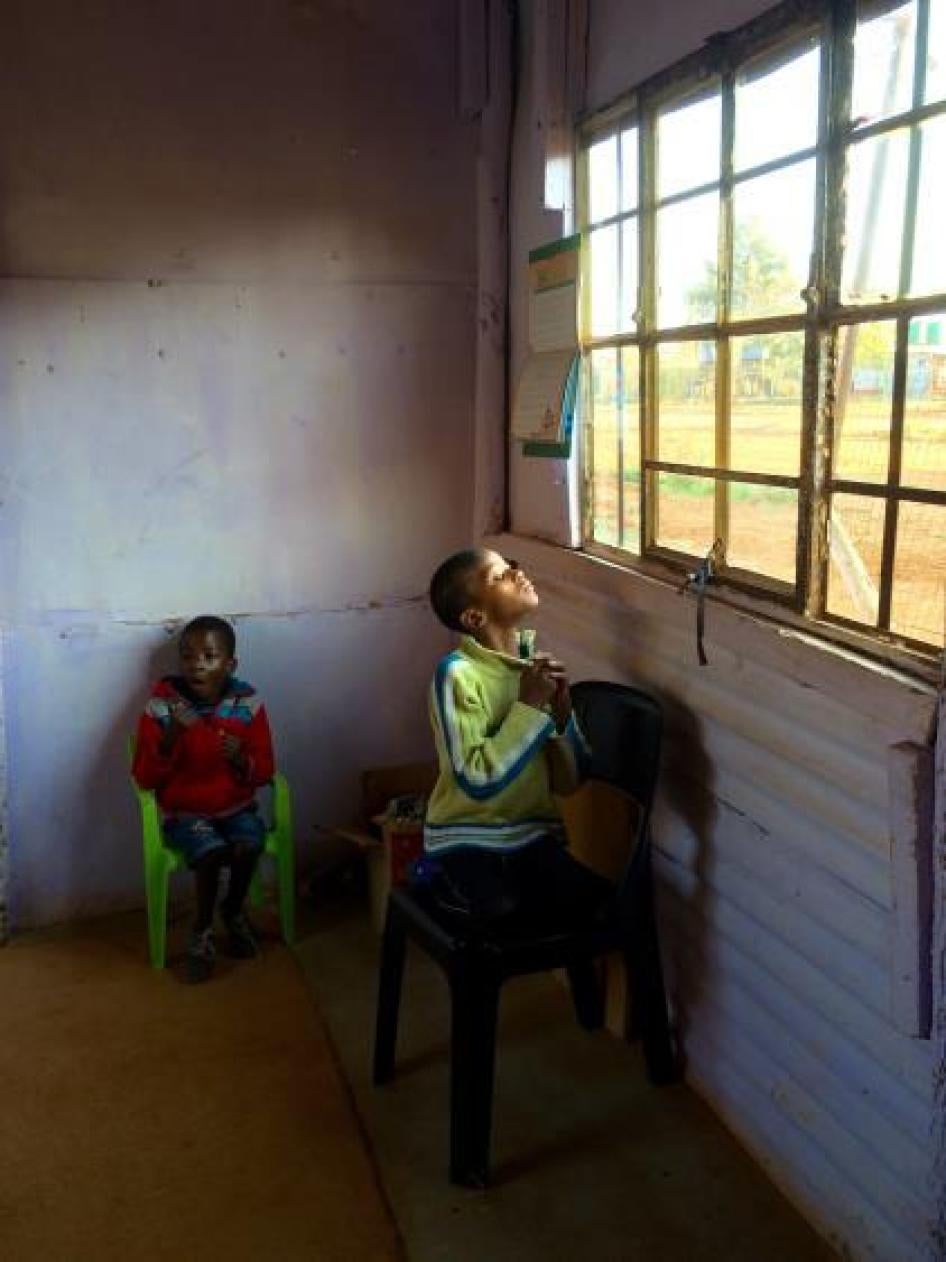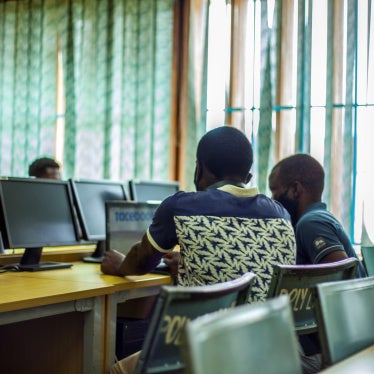No child should be denied their right to learn because of poverty.
Two years ago, the International Covenant on Economic, Social and Cultural Rights, which states that primary education should be free and compulsory for all, came into force in South Africa. The Covenant requires governments that do not already provide free primary education to at least have a proper action plan in place to make primary education free to all children.
But the government has yet to fulfil this basic obligation. In South Africa, public schools are not automatically free of charge. While many are “no fee” schools, no special schools – where most children with disabilities are erroneously sent to – fall into that category. So, while most primary school age children do not pay fees, those with disabilities often do. As a result, hundreds of thousands of children with disabilities in South Africa are still not in school.
The current fee-based system particularly discriminates against students with disabilities. Not only do children who attend special schools have to pay fees when others don’t, they also have to shoulder additional costs, such as uniforms, food, transport, and special assistants to help them. Fees in special schools typically range from R350-R750 (US$32-$68) per term.
Many parents told Human Rights Watch their children are not in school because the often hefty fees are unaffordable. Reneilwe, whose 10-year-old son with autism is still out of school, told us: “The only school that can offer a placement [for my son] is the one I can’t pay for.”
United Nations human rights experts have consistently reminded South Africa that it must ensure free and compulsory primary education for everyone. Last year, the UN Committee on the Rights of the Child also expressed alarm at the large number of children with disabilities not in school and urged the government to ensure free education.
But little progress has been made since then.
Next month, South Africa undergoes its third UN Universal Periodic Review, where countries’ human rights records are scrutinized by their peers. It is essential that countries press South Africa on its plan for free, compulsory primary education, so that all children can go to school.
Absence of personal wealth should never be a barrier to education.










